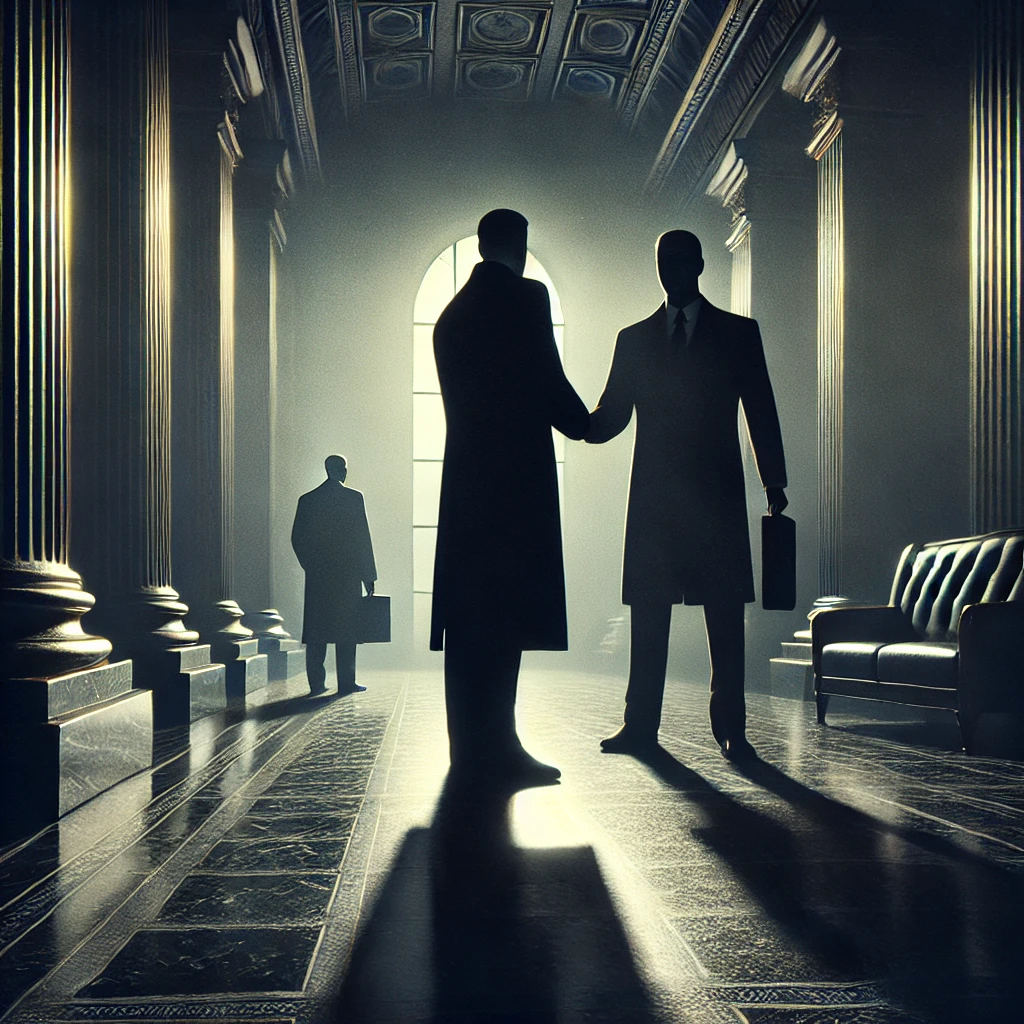On June 23, Gov. Ned Lamont vetoed HB 5002 — Democrats’ massive housing omnibus bill. Now legislative leaders are floating the idea of reviving it in a “special session.”
The problem? Special sessions often operate in the shadows. Bills frequently don’t appear until the very day of the vote — sometimes only hours before. Towns, taxpayers, and even rank-and-file legislators are left in the dark. This isn’t policymaking. It’s ambush politics.
A Pattern of Last-Minute Lawmaking
This isn’t a one-off. Connecticut’s General Assembly has made eleventh-hour legislating a routine.
- February 2025, lawmakers fast-tracked Public Act No. 25-2, which included a $40 million supplemental appropriation for special education, and Public Act No. 25-1, that funneled funds to Planned Parenthood, refugee resettlement agencies, and LGBTQ health nonprofits in defiance of President Trump’s administration cuts. Both measures bypassed committee hearings and public input through emergency certification (“ecert”). Even the press noted that the controversy wasn’t just the bills themselves, but how quietly and quickly they were moved.
- June 2024 special session was no different. Legislators were called back to pass Public Act No. 24-1, initially pitched as a narrow fix for motor vehicle tax assessments. By the time it hit the floor, the bill had ballooned into a 137-page omnibus covering everything from school construction rules to banking statutes and even water utility sales. Many of those provisions never saw a public hearing. Senate Republicans argued that major changes were slipped in at the eleventh hour and pushed through during the two-day session. One particularly troubling provision granted the South Central Connecticut Regional Water Authority the ability to bid on Aquarion Water. Once again, the public and even many lawmakers were left scrambling to figure out what was in the bill as it was being voted on.
- 2023 budget session, lawmakers passed the $51 billion budget and implementer bill by ecert, again bypassing public hearings entirely. Hundreds of pages landed on legislators’ desks only hours before the vote. Taxpayers weren’t just ignored; they were cut out of the process by design.
Taken together, these examples reveal a legislature addicted to secrecy. Year after year, the script doesn’t change: emergency certifications, special sessions, and bills unveiled only at the last possible moment.
No Emergency, No Excuse
So why the rush now? Housing policy is complex, far-reaching, and deeply controversial. HB 5002 spans hundreds of pages. It is not the kind of legislation that should be hammered out in a backroom and rammed through in a single day.
Special sessions are supposed to be reserved for genuine emergencies — natural disasters, budget collapses, or crises demanding immediate action. They are not meant to resuscitate a housing bill.
If legislative leaders truly believe HB 5002 is the right path, they should wait until the regular session begins to debate. That would ensure public hearings, committee debates, and weeks of scrutiny — the process every major bill deserves.
Sunlight Isn’t the Enemy — Secrecy Is
When lawmakers hide legislation until the last minute, they send a clear message: taxpayers and towns do not matter.
If HB 5002 — or whatever version is cobbled together — can withstand scrutiny, then post the text, take the criticism, and let people read it before the vote. Sunlight isn’t the threat. Secrecy is.


Lorenzo
September 17, 2025 @ 10:28 pm
“Sunlight isn’t the threat. Secrecy is.”
This is very true. however, accountability is not in the oath for public office.